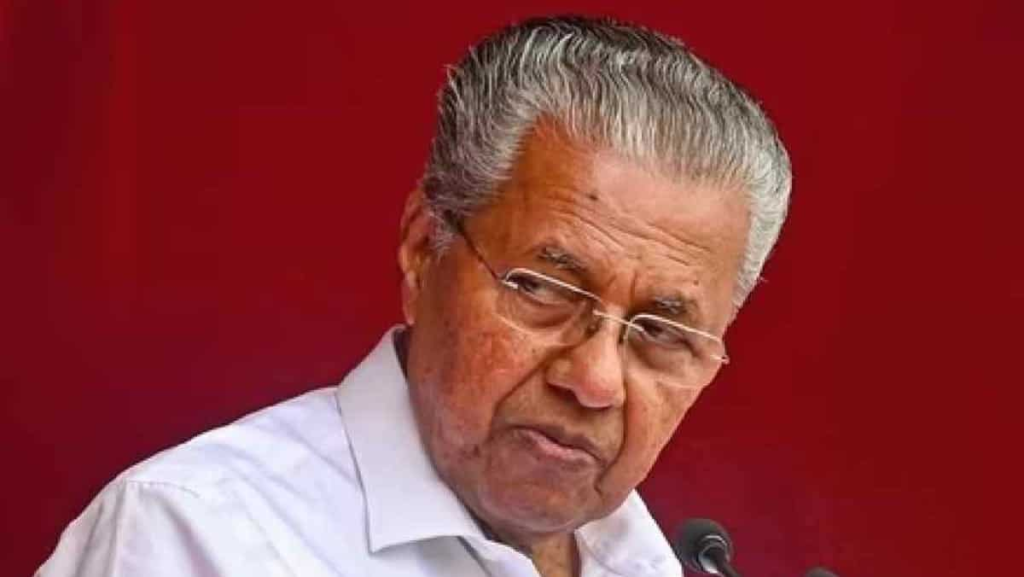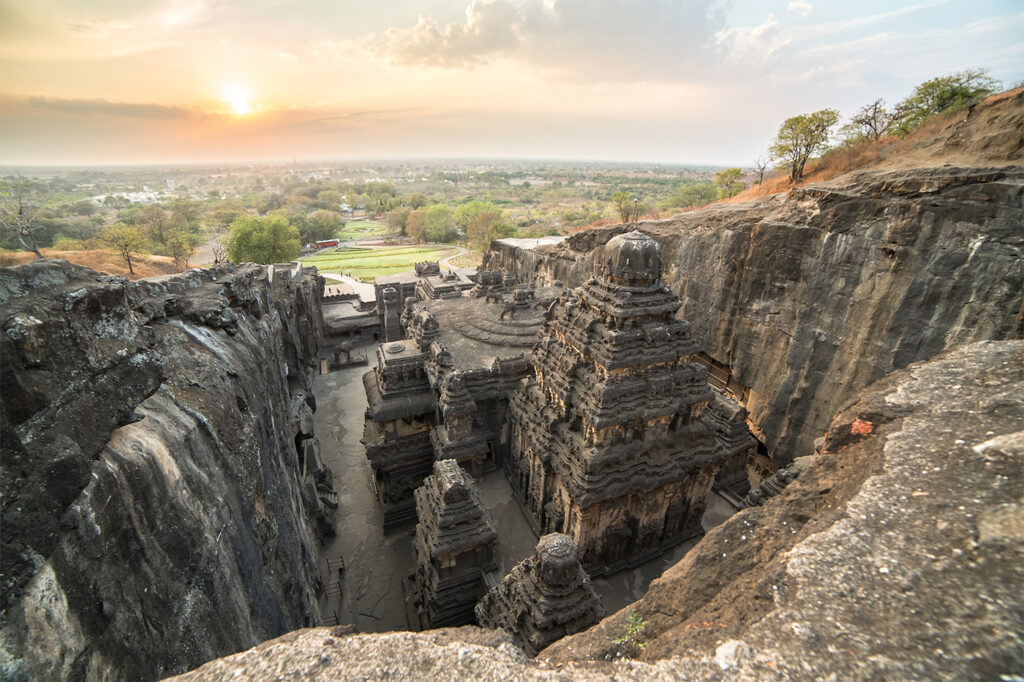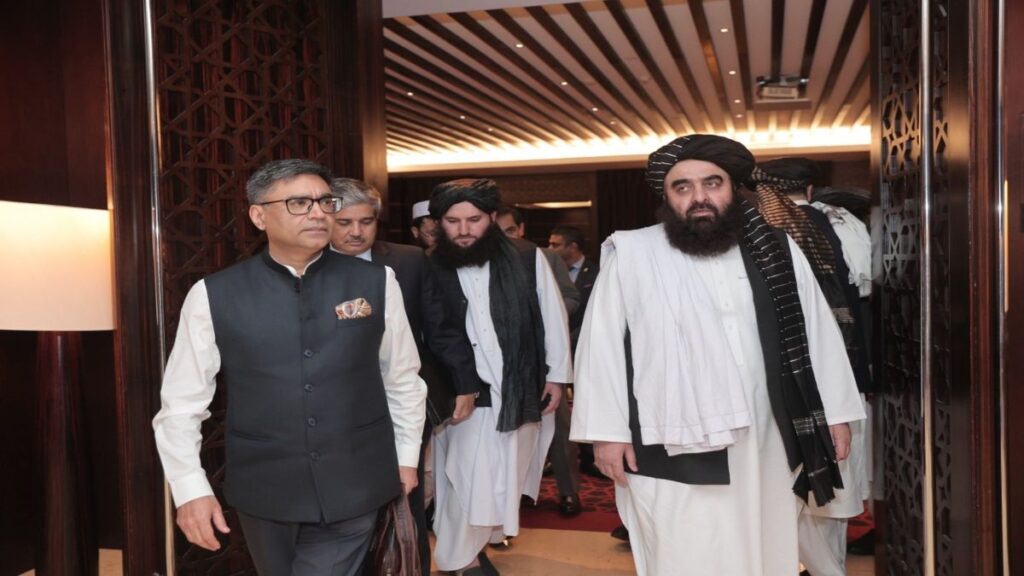
India: Kerala Assembly passes motion opposing BJP’s ‘One Nation, One Poll’ proposal
The Kerala Assembly on Thursday (Oct 10) passed a resolution, opposing the ‘One Nation, One Election’ proposal in a significant pushback against the central government.
The resolution was moved by the southern Indian state’s parliamentary affairs minister, MB Rajesh on behalf of Chief Minister Pinarayi Vijayan, who was absent due to health reasons.
“It is anti-democratic to treat elections for Parliament, state assemblies, and local self-government bodies merely as an expense. This is an attempt to erode India’s rich cultural, social, and political diversity,” said Rajesh.
“Destroying the federal system enshrined in the Constitution is tantamount to denying the rights of state and local governments, and it also challenges the fundamental rights of the people,” he added.
The support for the motion was unanimous as the opposition, led by Mannarkad MLA N Samsudheen, granted his full support. Samsudheen said the proposal impacted the country’s federal structure, adding that it was a threat to state governance and democratic processes.
With the passing of the resolution, Kerala has become the first state to oppose the move. Apart from Kerala, West Bengal CM Mamata Banerjee and Tamil Nadu CM MK Stalin – both part of the INDIA bloc, have voiced concerns against the proposal.
Cabinet approves ‘One Nation, One Election’
It was last month that Prime Minister Narendra Modi’s government approved the proposal for ‘One Nation One Election’, which has been a key poll promise by the BJP.
The approval was granted after a report prepared by a high-level panel headed by former President Ram Nath Kovind was presented before the cabinet.
The panel in March this year recommended simultaneous elections for the Lok Sabha and state assemblies as the first step, followed by synchronised local body polls within 100 days.
Previous instance
Elections (to the House of the People and Legislative Assemblies of States) were mostly held simultaneously from 1951-52 to 1967, after which this cycle was broken.
The panel is of the view that holding simultaneous polls will help save resources, spur development and social cohesion. It will also deepen the “foundations of the democratic rubric” and help realise the aspirations of “India that is Bharat”.
(With inputs from agencies)





Responses